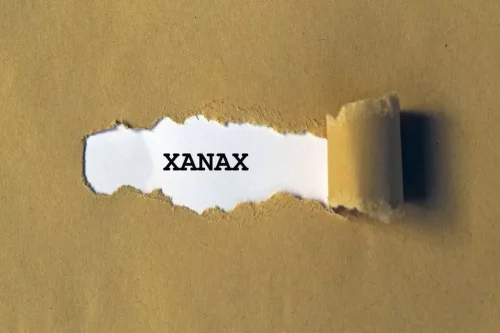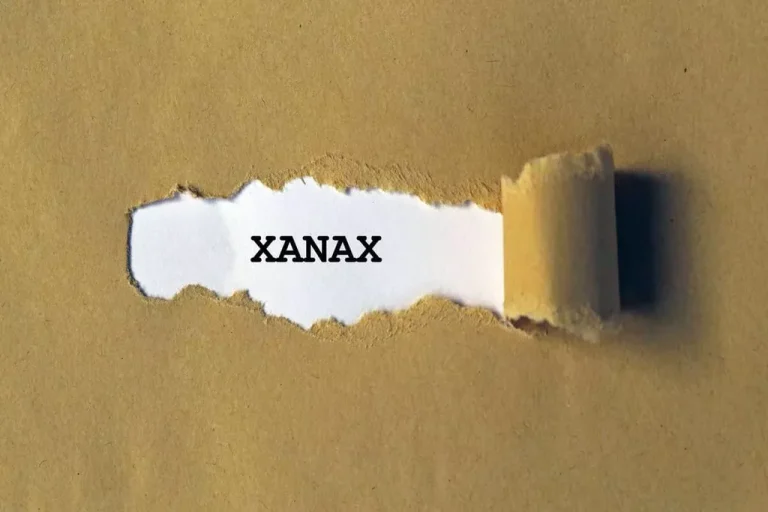
Below are some options for emergency care, treatment programs, and community support to help you on your path to sobriety. Prolonged or heavy alcohol use increases the brain’s dependence on alcohol, raising the chance of alcohol seizures when you stop drinking. People who binge drink or have a pattern of quitting and restarting are at higher risk.

1. Clinical workflow of diagnosis and therapy of AWS
The symptoms of alcohol withdrawal include anxiety, tremors, sweating, nausea, and elevated heart rate, which appear within 6–24 hours after the last drink. Severe symptoms, such as seizures, hallucinations, and delirium tremens (DTs), develop in a few cases and are life-threatening if untreated. Alcohol withdrawal risk factors include a history of severe withdrawal (e.g., seizures or delirium tremens), long-term heavy alcohol use, older age, co-occurring medical or psychiatric conditions, and polydrug use. When this effect occurs deeply or over a long period of time, brain activity can rebound during alcohol withdrawal, exceeding normal levels and creating the risk of a seizure. Someone with an alcohol withdrawal seizure may experience convulsions and lose consciousness.
What Is the Alcohol Withdrawal Timeline?
- Medical supervision is important, especially for anyone who is at risk of alcoholic seizures.
- In minor withdrawal, patients always have intact orientation and are fully conscious.
- During this initial phase, typical reactions such as nausea and an elevated heart rate can lead to substantial unease and emotional turmoil.
- These are seizures (convulsions) that can occur 6 to 72 hours after a person with alcohol use disorder stops drinking or significantly reduces their alcohol intake.
- The harshness and acuteness of these withdrawal episodes are contingent upon how much and for how long one has been consuming alcohol.
Clinical data show that these seizures may occur during both intoxication and withdrawal phases, with a significantly increased risk among individuals with prolonged alcohol consumption histories. Abrupt cessation of alcohol intake after prolonged heavy drinking may trigger alcohol withdrawal seizures. Generalized tonic–clonic seizures are the most characteristic and severe type of seizure that occur in this setting.

Family History

The timing of withdrawal is influenced by age, liver function, and co-existing health conditions. Most alcohol withdrawal seizures are generalized tonic-clonic seizures, commonly referred to as “grand mal” seizures. These involve a loss of consciousness and violent muscle contractions throughout the body. Seizures typically happen within 6 to 48 hours after the last drink, but the exact timing can vary based on the individual’s drinking history and other health factors. It may seem quitting drinking on your own is a great decision that can only improve the person’s well-being, both in a physical and emotional sense. However, this is only true in certain cases – people accustomed to drinking may experience severe alcohol withdrawal to the point drug addiction treatment of tremors and seizures.
In these models, the withdrawal seizures are triggered by neuronal networks in the brainstem, including alcohol withdrawal seizure the inferior colliculus; similar brainstem mechanisms may contribute to alcohol withdrawal seizures in humans. Alcohol dependence results from compensatory changes during prolonged alcohol exposure, including internalization of GABAA receptors, which allows adaptation to these effects. Optimizing approaches to the prevention of alcohol withdrawal seizures requires an understanding of the distinct neurobiologic mechanisms that underlie these seizures. Identifying beforehand which patient will develop AWS or SAWS is a great challenge. Therefore, various tools like the “Prediction of Alcohol Withdrawal Severity Scale” (PAWSS) have been developed 8.
Alcohol withdrawal seizures are one of the most serious and potentially life-threatening complications of alcohol withdrawal. These seizures typically occur when an individual abruptly stops or significantly reduces heavy alcohol consumption. Alcohol withdrawal seizures are a serious medical emergency requiring immediate attention and professional care. The symptoms can develop quickly, underscoring the need for immediate medical attention and professional treatment.

Can Alcohol Withdrawal Cause Seizures? – Risks & Symptoms

When drinking suddenly stops, the overstimulated brain may cause symptoms like tremors, anxiety, or, in severe cases, alcohol seizures. Yes, alcohol withdrawal is dangerous, particularly for individuals with severe alcohol dependence. While mild symptoms such as tremors and nausea are common, severe withdrawal leads to seizures, hallucinations, delirium tremens (DTs), and cardiovascular instability.
